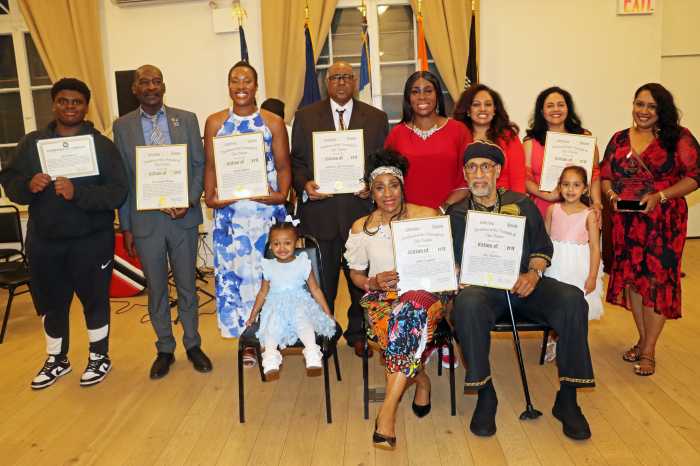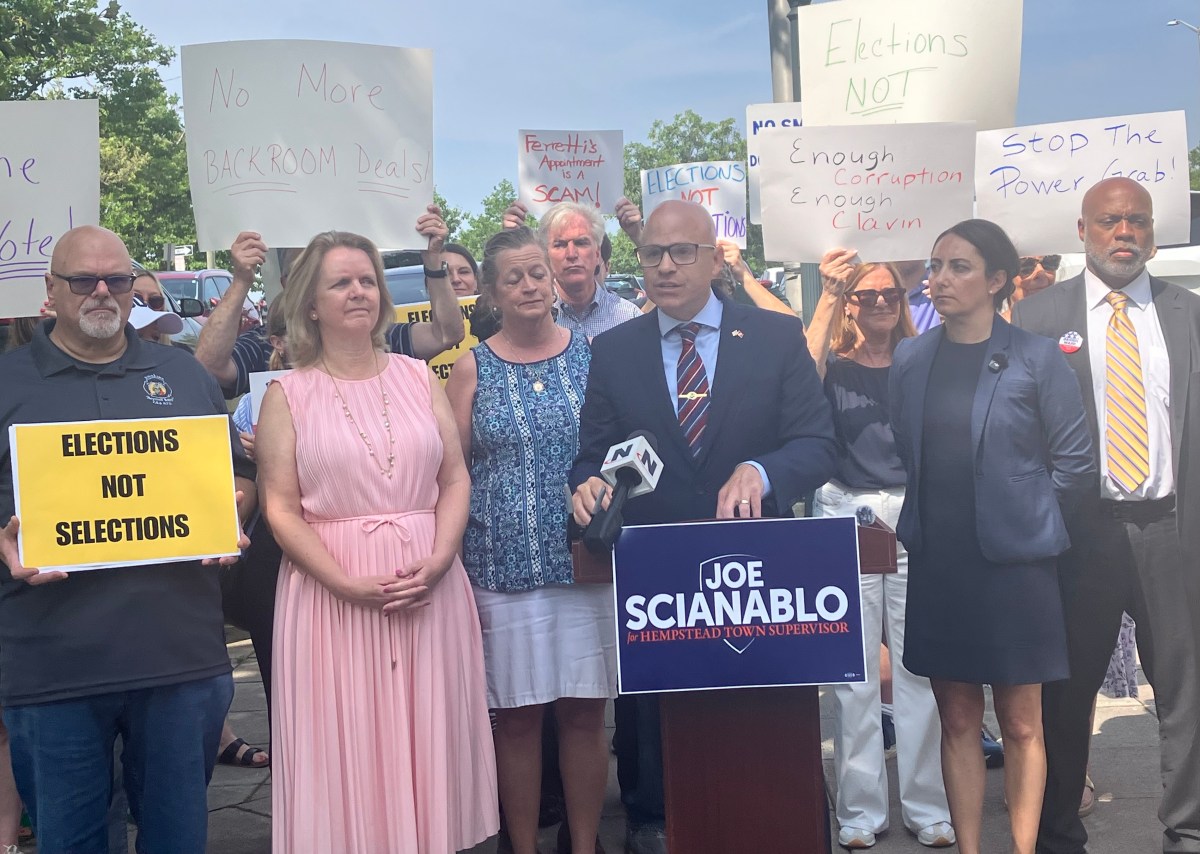Parliament has approved the extension of the state of emergency in Trinidad and Tobago for another three months.
Meanwhile, Prime Minister Kamla Persad-Bissessar announced that the curfew hours had been relaxed to 11:00 p.m. to 4:00 a.m. from the previous 9:00 p.m. to 5:00 a.m.
In announcing the hours to coincide with the opening of the new school term, Persad-Bissessar said, “I have been advised that this would assist us with children going to school, and others who have raised concerns in the business community, to give a little extra time in the evening.”
She added that government would certainly revise the time, if it is so advised by the security forces.
The state of emergency was declared on Aug. 22 by President Max Richards after he was advised by the prime minister following intelligence information that there would be mayhem, bloodshed and loss of lives and according to National Security Minister John Sandy, the threat would have eclipsed the 1990 Jamaat-al-Muslimeen attempted coup.
After a marathon sitting of Parliament for about 43 hours, the extension was passed with the Opposition People’s National Movement (PNM) not supporting the three-month period.
The PNM argued that there are several pieces of legislation including the Anti-Gang Act, which the police could have used to crack down on criminals.
The prime minister told parliament that the state of emergency was a constitutional weapon put there by the framers of the Constitution to enable a government to protect people and the country.
She said the state of emergency had worked with a substantial reduction in murders and serious crimes down to virtually zero. Since the state of emergency on Aug. 21 there were only four murders.
So far there have been 1,356 arrests of which 420 were gang-related, 252 drug-related, 285 serious offences, 91 breaches of the curfew.
Gang members who are held under the Anti-Gang Act will have to remain in jail for a maximum of 120 days before they can apply for bail.
The state has been accused of only arresting African males in areas described as “hot spots.”
The national security minister told parliament that it was “Blacks killing Blacks.”
Persad-Bissessar said although the PNM identified as early as 2003 that there was a problem with young Afro-Trinidadian males and a consequent need to pay attention to this group, it did nothing.

























